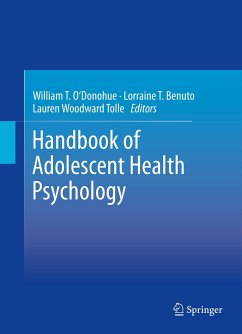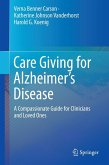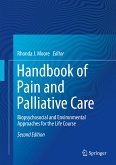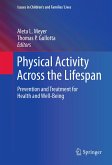Organized in five major sections (General Issues, Developmental Issues, Treatment and Training, Mental Health, and Physical Health) and 44 chapters, Handbook of Adolescent Health Psychology addresses the common and not so common health issues that tend to affect adolescents. Coverage includes:
¿ Context and perspectives in adolescent health psychology
¿ Health literacy, health maintenance, and disease prevention in adolescence
¿ Physical disorders such as asthma, obesity, physical injury, and chronic pain
¿ Psychological disorders such as substance abuse, attention deficit hyperactivity disorder, depression, and eating disorders
¿ Congenital chronic diseases such astype 1 diabetes and spina bifida
Handbook of Adolescent Health Psychology is the definitive reference for pediatricians, family physicians, health psychologists, clinical social workers, rehabilitation specialists, and all practitioners and researchers working with adolescents.
Dieser Download kann aus rechtlichen Gründen nur mit Rechnungsadresse in A, B, BG, CY, CZ, D, DK, EW, E, FIN, F, GR, HR, H, IRL, I, LT, L, LR, M, NL, PL, P, R, S, SLO, SK ausgeliefert werden.









